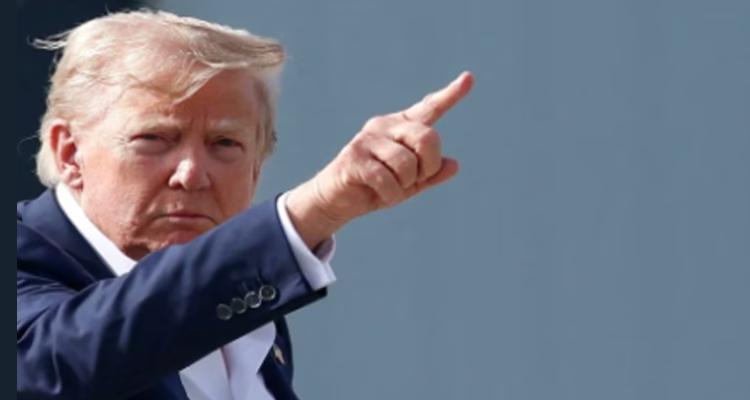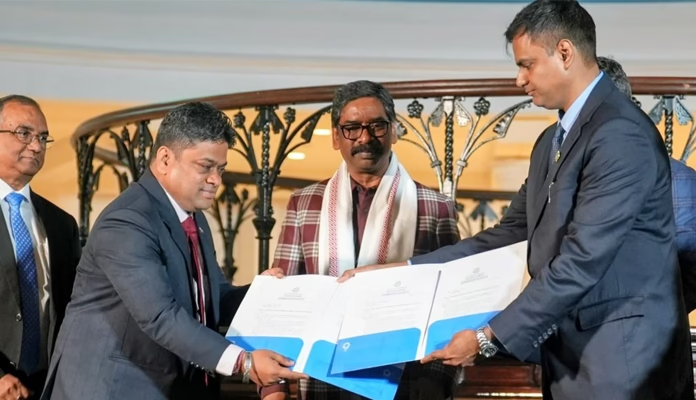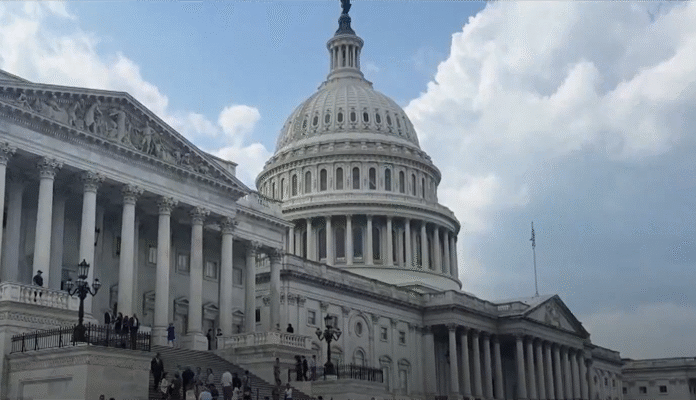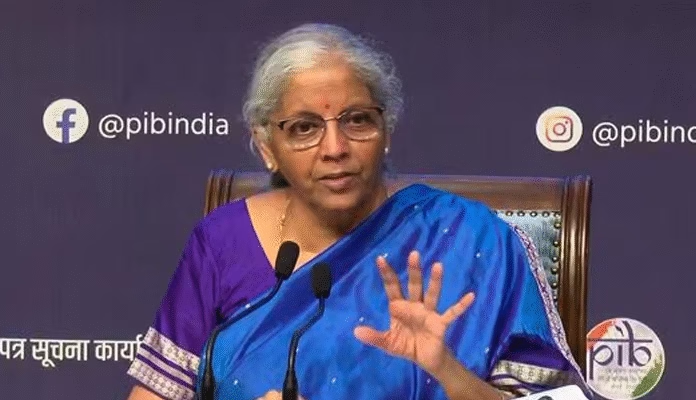
White House Pushes Trump for Nobel Pace Prize Amid Global Tensions
Ashis Sinha
In a statement that has stirred diplomatic and media circles worldwide, the White House on Thursday strongly pushed for former US President Donald Trump’s nomination for the Nobel Peace Prize, claiming he has brokered multiple international ceasefires — including between India and Pakistan — during his second term. The message was accompanied by what critics interpret as a thinly veiled warning: nations failing to acknowledge his peace efforts could face severe tariffs.
White House Press Secretary Karoline Leavitt said,
“President Trump has now ended conflicts between Thailand and Cambodia, Israel and Iran, Rwanda and the Democratic Republic of Congo, India and Pakistan, Serbia and Kosovo, and Egypt and Ethiopia. He has brokered, on average, about one peace deal or ceasefire per month during his six months in office. It’s well past time that President Trump be awarded the Nobel Peace Prize.”
Leavitt’s remarks, perceived by some foreign observers as a blend of self-congratulation and strategic pressure, come amid growing speculation about the use of economic tools — such as tariffs — to leverage diplomatic acknowledgment of Trump’s global peacemaking role.
Notably, in a bold move with major geopolitical implications, US President Donald Trump on Thursday signed an executive order imposing reciprocal tariffs ranging from 10% to 41% on 70 countries, including major economies like India.
Trump justified the sweeping tariff hike as part of his broader agenda to boost American strength and prosperity.
Posting on Truth Social, he declared: “Tariffs are making America GREAT & RICH again.”
According to an official White House statement, India faces a 25% tariff, placing it among the harder-hit nations.
In a surprising turn, however, the Trump administration softened its stance towards Pakistan, slashing tariffs from 29% to 19% — a move likely to raise eyebrows in diplomatic circles, especially in New Delhi.
Similarly, Bangladesh’s tariffs were cut from 35% to 20%, signaling a clear shift in trade priorities under Trump’s economic revival plan.
While Trump pitches tariffs as a tool for national resurgence, analysts warn this aggressive trade posture could reshape global supply chains and trigger friction with key partners in Asia and beyond.
India Denies Trump’s Claim of Mediation
The Indian government has strongly refuted the White House’s claims, especially regarding the purported ceasefire between India and Pakistan. Prime Minister Narendra Modi, addressing the Indian Parliament earlier this week, categorically denied any foreign intervention in halting Operation Sindoor — a large-scale military offensive launched by India in retaliation for the April 22 Pahalgam terror attack.
“No global leader urged India to halt the operation,” Modi said. “On the night of May 9, the Vice President of the United States attempted to contact me. He tried for an hour, but I was in a meeting with the military and was unable to answer. Later, I returned his call. During our conversation, the Vice President informed me that Pakistan was planning to launch a major offensive. In response, I firmly stated, ‘If this is Pakistan’s intent, they will face dire consequences.’”
Inside Operation Sindoor
Operation Sindoor, carried out by Indian Armed Forces, targeted nine major terrorist camps in Pakistan-occupied Kashmir (PoK), dealing a heavy blow to terrorist infrastructure. These camps were reportedly used by Pakistan-based terror outfits like Lashkar-e-Taiba (LeT), Jaish-e-Mohammed (JeM), and Hizbul Mujahideen.
The swift 25-minute operation followed a series of cross-border provocations by Pakistan, including attacks on Indian civilians. India’s retaliatory strike was seen as a calculated and high-impact military response aimed at deterring future terror activity.
Geopolitical Implications
While the Trump administration claims credit for defusing global tensions, including in South Asia, India’s firm denial of US involvement in its military decisions exposes a crack in that narrative.
Diplomatic analysts suggest the “Nobel Peace Prize or tariff” line could serve dual purposes: boosting Trump’s international image ahead of political campaigns and pressuring allies to publicly support his foreign policy achievements.
However, critics have warned that conflating peace accolades with economic coercion could backfire diplomatically.
Whether or not Trump receives a Nobel Peace Prize, the White House’s assertive push — and the implied tariff threat — signals a new phase of transactional diplomacy, where global praise and political alignment may come at an economic cost.
Meanwhile, India stands firm in asserting its strategic autonomy, underlining that national security operations like Operation Sindoor are executed based on sovereign decision-making — not foreign counsel.




